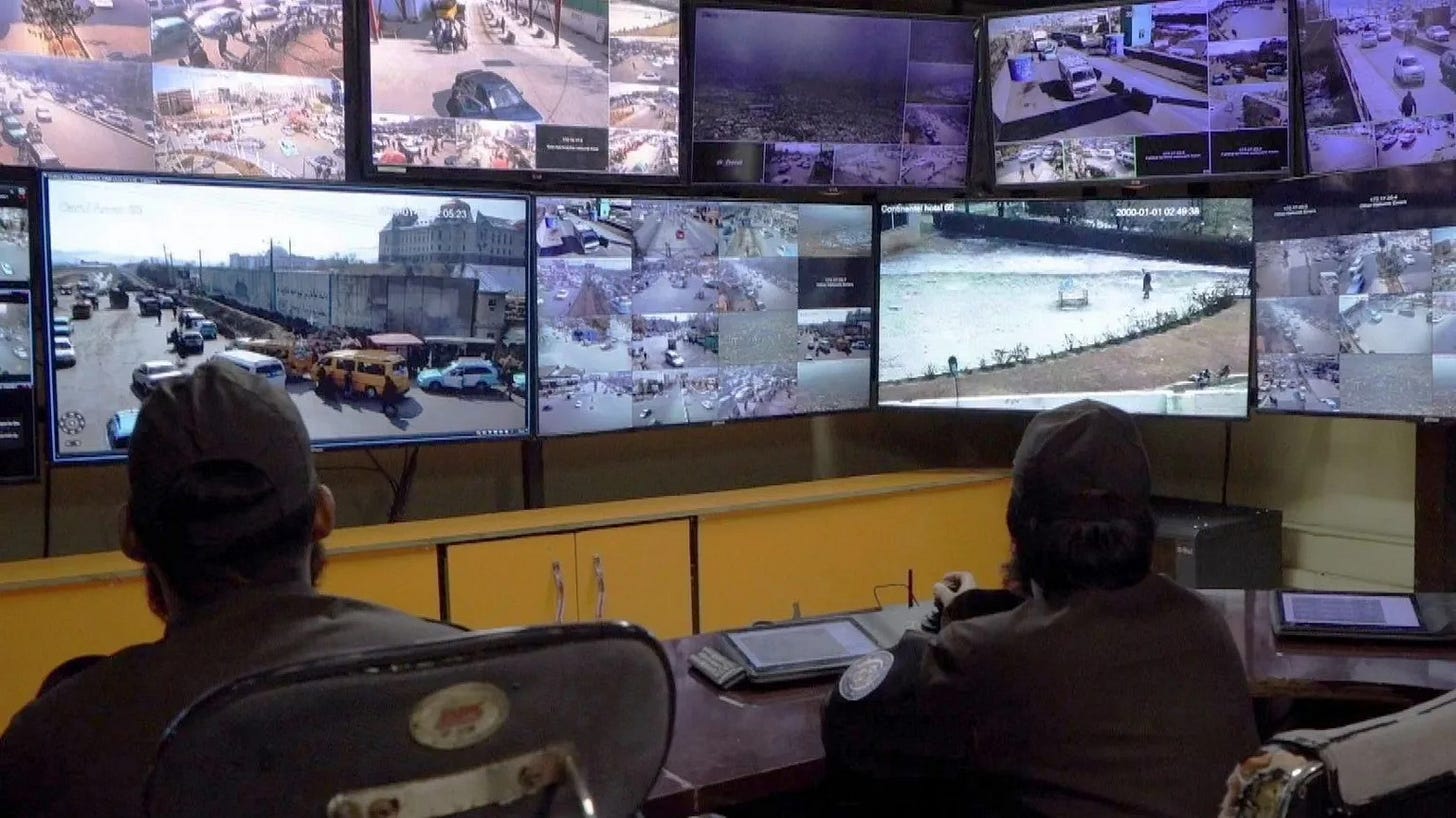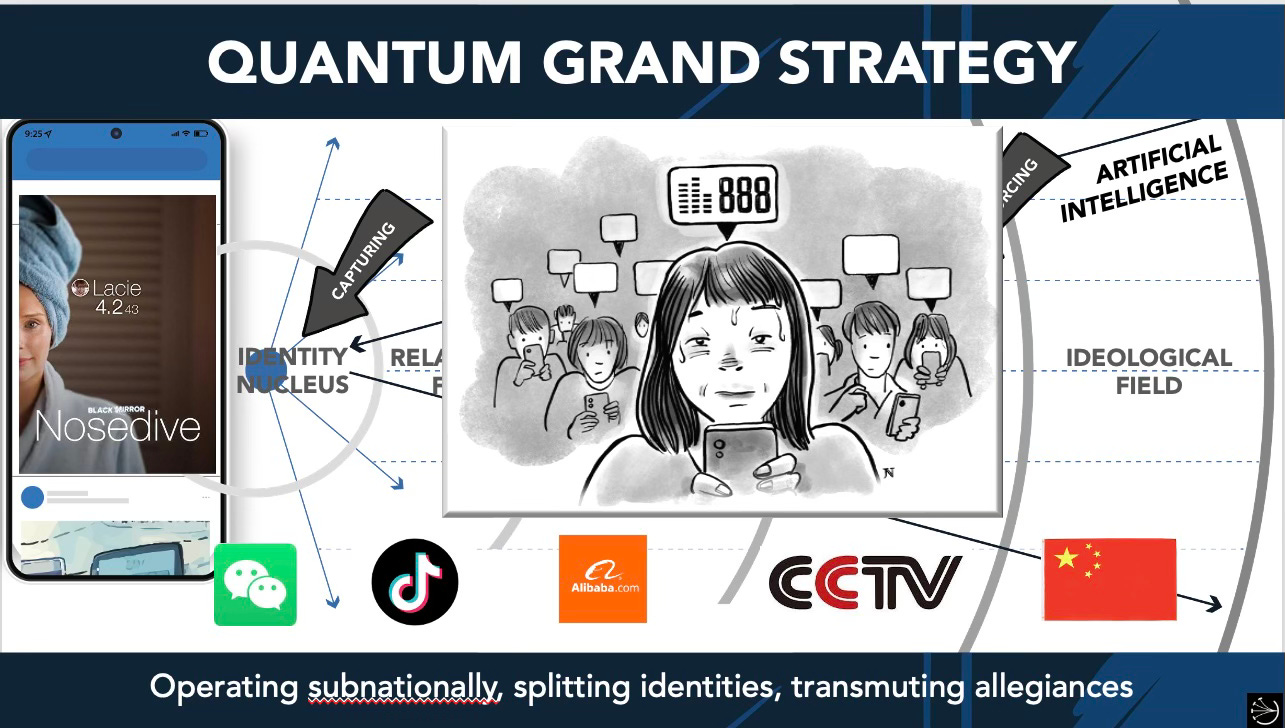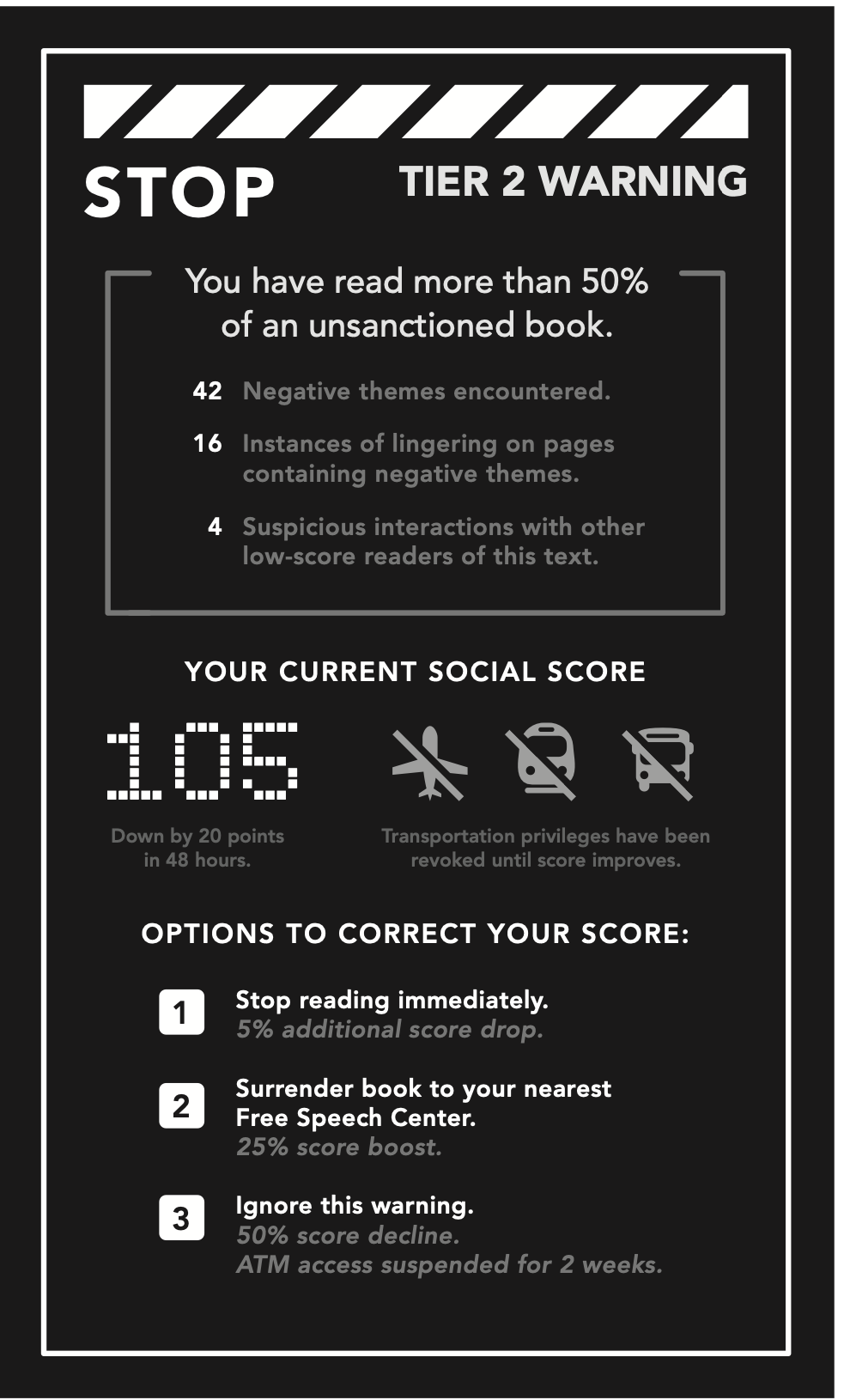China's Quantum Grand Strategy in action
This is how China wins -- one surveilled citizen at a time in Afghanistan
This is a key thread of my thinking in America’s New Map: China’s grand strategy is not about countries being conquered but citizens being captured.
In the brief:
It’s all about body-snatching: access their identity nucleus via their smart phone; learn everything there is to download about this person; capture their inter-personal relations and comms; capture all their purchases; capture the media they consume … capture all that and then seal them into an info sphere of your creating, reflecting your ideology — places you can’t go, words you can’t say, ideas you can’t propagate.
Capturing all this Big Data not only allows China to rule your perceived virtual world — like Ed Harris’ character in The Truman Show, it enables their harvesting of all that Big Data for their AI predictive machinery.
Remember, AI is what AI eats, and China wishes to devour the Global South — particularly as the US is in full-on withdrawal from the world.
As I note in the brief: everybody in the West wants to capture you similarly. The difference is, those firms all must compete. In China, they collaborate because the Party says so.
In the book, I present the strategy over two threads:
Advanced authoritarian governments like China increasingly grasp the potential for gamifying their citizens’ daily lives as a virtual means of totalitarian control. Chinese technology companies are required by law to share with the government everything they collect on citizens, enabling security agencies to calculate a “social credit score” that captures any activity or association deemed more or less acceptable by the Communist Party. Have a friend who openly criticizes the government? You lose points. Noticed searching “harmful” ideas online or geo-located at a street protest? You lose points. Conversely, like the right pro-government post? You gain points. Same for ending associations with “antisocial” people.
By design, point totals trigger real-world consequences. You try to buy that train ticket to Province X but are told your rating does not allow such travel. Your attempts to access a more exclusive housing complex are rebuffed without explanation. Meanwhile, you look around and realize that friends who toe the party line increasingly live in an entirely better universe than yours, going to places off-limits to you and engaging in activities beyond your grasp.
Pretty soon you find that you are self-correcting to raise your point total. Frowning in public is captured on face-recognition cameras, so you smile vaguely whenever outside your apartment. You avoid friends with lower scores. You realize that your every movement, act, and even emotion is being held against you, determining the size of your virtual cage. The government no longer needs to actively control you—just remind you of your score. After some time, you are your own police, your own jail-keeper, your own minder. You have been gamified into complete submission within the Matrix.
China peddles that Orwellian vision around the world to frightened governments eager to control their restive middle class and tech-savvy youth. It is also why Beijing vacuums up Big Data on everyone on this planet to predictively identify those who are, or may become, a threat to Communist Party rule—Minority Report on a global scale.
We even provide a humorous example of you — the reader — being minded from above:
That’s a presentation of the ends, then I explore the real-world means:
We spend a lot of time today debating the issue of censorship: whose views are legitimate for public expression and which views, doing far more harm than good, warrant suppression by authorities. This timeless argument expands exponentially with the pervasive sensoring of our lives (embedding of sensors within everyday objects) made possible by the combined rise of the Internet of Things (the connectivity of all those smart devices) and fifth-generation (5G) broadband cellular networks (delivering digital services ten times faster than 4G). Put simply, the more sensors there are, the greater the potential for censoring speech and behavior.
This is why the US government is so concerned about China’s domination of 5G networks being rapidly constructed around the world today, particularly those involving its national flagship companies Huawei, world-leading provider of 5G “backbone” telecommunications infrastructure, and Hikvision, world-leading provider of video surveillance equipment. Eventually, the IoT will develop into the Artificial Intelligence of Things (AIoT) in which cognitive computing mimics the human brain, allowing AI networks to operate with minimal human intervention and develop on their own.
If that strikes you like the jumping-off point for conscious computers to overthrow their human masters per the Terminator movies, then let me just note that Beijing calls its nationwide video surveillance system “Skynet.” It turns out you really can make this stuff up, and China aims to get there first by being the leading worldwide hardware provider for 5G, the IoT, and the AIoT.
While America maintains its lead in software, China’s aggressive global marketing of its hardware is paying off. By massively subsidizing firms like Huawei and Hikvision as they piggyback their global sales on China’s Belt and Road Initiative (BRI), Beijing has succeeded in building in “backdoors”throughout the world’s expanding surveillance networks, leading US government officials to accurately label Huawei a 5G “Trojan horse.”
China is succeeding with that offering across the globe:
Note on the map that Afghanistan was already in “testing” mode a few years back, so, now, no surprise that the Taliban are dedicated users of China’s exportable model of omniveillance.
Omniveillance …
Security is increasingly achieved within and across borders through the state’s surveillance (observing behaviors and communication) and “dataveillance” (analysis of database records). According to noted security expert Kim Taipale, this post-9/11 global phenomenon gives rise to “omniveillance,” or the constant monitoring of all human activity by both public authorities and—per the “know your customer” ruleset—the private sector, which is already highly incentivized to do so solely for push-marketing purposes.
Again, recalling The Truman Show’s presentation of that character’s complete loss of autonomy, adaptability, and pro-active decision making — the essence of “main character energy,” aka agency.
Try as you might … there’s no escaping … in the real-world version.
The story on the Taliban:
BBC: Inside the Taliban's surveillance network monitoring millions
Keep reading with a 7-day free trial
Subscribe to Thomas P.M. Barnett’s Global Throughlines to keep reading this post and get 7 days of free access to the full post archives.











